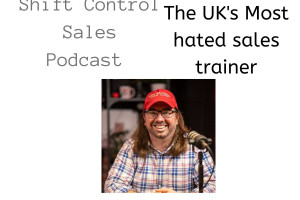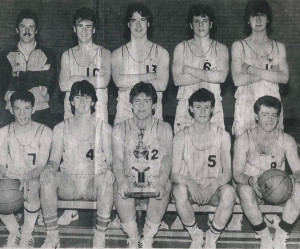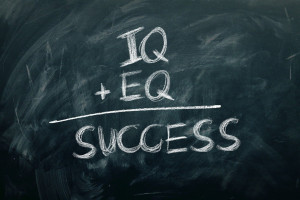Sales and marketing is a team sport
Sales training courses in Northern Ireland
I set up Shift Control almost 20 years ago because I believed there was disconnect between the sales and marketing functions in many businesses in the north of Ireland – everywhere, in fact.
That gap still exists today and whilst the application of technology maybe minimising the distance, business development efforts are stifled through the disunion of the 2 departments.
The first clue to the problem emerges at the recruitment process.
Marketing staff are recruited typically based on sector experience and a minimum education standard of degree level.
Sales recruitment is typically based on track record and sector experience.
Ultimately it’s all about making a seamless transition into the new role – both will take 6 months to acclimatise.
I would argue that greater demands are put on the sales person to perform at an expected level but equally, marketing should be committed to a path of success, measured by multiple KPIs.
If you don’t have a qualification in marketing, you’ll not get the experience early enough to make a career out of it.
If you do a good interview for a sales role, are personable, communicate well, project yourself in a particular way, you can build experience in a sector relatively quickly – without having a conventional educational background or foundation.
Marketing is increasingly becoming data driven but it’s not all about numbers.
Far from it.
Sales isn’t always about making a standout first impression or being good with people.
Far from it.
Higher expectations from customers generates greater demands from business development teams to deliver consistent experiences that match their expectations.
Let’s not forget that the distance between expectation and experience is called disappointment.
Is it true that marketeers are introverts and sales people extroverts?
Marketing people know the science of marketing and sales people should understand the psychology of people?
The biggest challenge for many of my clients is that their sales people don’t fully understand the importance of BRAND and the significance of positioning and messaging.
Conversely Marketing people don’t always understand the human end of the sales process – it’s all well and good talking about objections in a weekly meeting but when it’s in a real life situation and it’s a high value quote on the line – or a decent commission rate, pressure changes the dynamic dramatically.
Sales people complain about the lack of leads generated by marketing and marketing folk complain about the poor conversion rates.
And in the end there are no winners – it’s not about victory it’s about progress and progress can only come from a combined effort and shared intelligence, a better understanding of each other’s remit and a focus on expanding the list of paying customers or clients, enhancing the customer experience and reducing customer churn.
It’s a team sport and one that should be managed accordingly.







